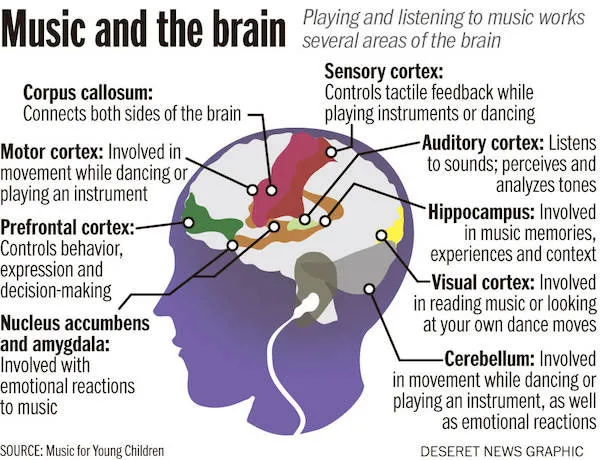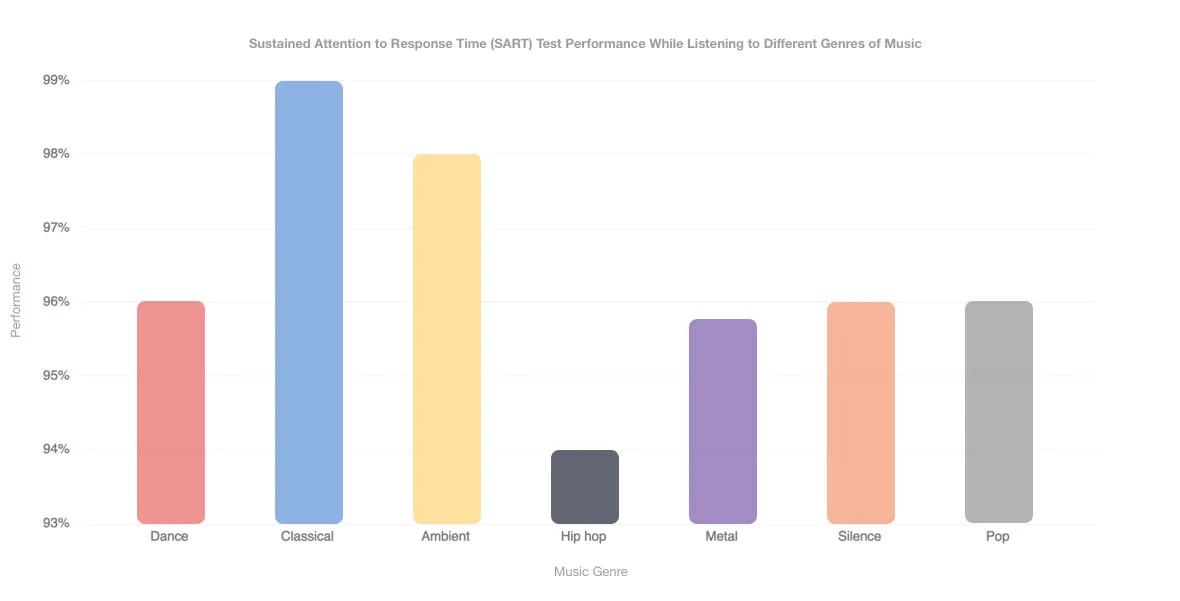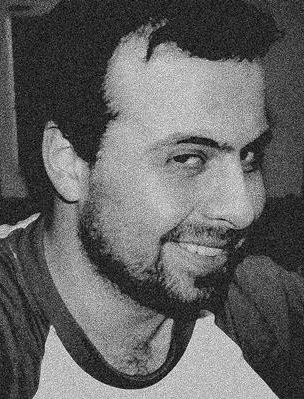
The Science Behind Music and Concentration
There is evidence that music affects brain function. It can wake up brain circuits responsible for monitoring and making predictions, thus it makes people concentrated. Music also may improve our mood, help to decrease stress, and form a better working atmosphere. Nevertheless, the genre of music which is most beneficial can be different for each individual. For example, listening to high tempo music like techno or house music when playing games like Big Bass Bonanza may offer engaging soundscapes that transport players into the heart of the action, ensuring an enjoyable and realistic gaming experience for some, but for some people it can degrade playing performance.
Instrumental Music: A Clear Winner
Many people find instrumental music to be the perfect concentration music as there are no words to divide your attention, it is easier to stick to your task which you will get done more efficiently. Here are a few of the most popular genres and some examples:
Classical Music: Works by composers such as Mozart, Beethoven and Bach are a common suggestion for reading and working. The complex structures as well as the lively yet calm melodies can help establish a calm and concentrated atmosphere.
Ambient Music: Artists such as Brian Eno and Moby give music that serves as a peaceful background without distracting too much attention.
Lo-fi Hip Hop: This genre has won many students and professionals over. The calm, regular rhythm and the mellow tones make it a perfect background for working or studying.

The Role of Lyrics
Lyrics, as it were, can be a double-edged sword. In the case of tasks that involve deep thinking and need to concentrate on the job at hand, lyrics could make things worse. On the contrary side of the spectrum, there are songs with lyrics that can help with less standard and more creative tasks – they actually can motivate you (and even drum up productivity) Here are a few scenarios where lyrics might help:
Tasks performed over and over: If you get involved in tasks which don’t require too many logical efforts like data entry or doing household chores, listening to cheerful music with lyrics can brighten up your mood/keep your energy up.
Creative Work: When engaged in creative activities such as writing, drawing or brainstorming and music with positive and inspiring lyrics can spark your creativity and keep you energized is what I am talking about.
Creating Your Focus Playlist
Everyone’s taste in music and need for concentration are different so you should be ready to experiment a lot to find what is most suitable for you. Here are some guidance on creating your own focus-boosting playlist:
Genres Variation: From purely instrumental music to lyric songs implement step by step manner and determine how it influences your concentration.
Tempo Alignment: On the whole, slow tempos (60-70 beats per minute) are generally calm and may help with tasks that call for focus over time. Fast tempos can be more invigorating and appropriate for less demanding tasks.
Monitor Your Productivity: Notice how various types of music affect your job. Do you feel more productive with classical music, or does lo-fi hip hop help you keep calm and focused? Modify your playlist as needed.
Use Music as a Timer: Compile a playlist having the same duration as your work session. When the music stops, it is a signal for a pause.

Popular Focus Tracks
The following is a kick-start for you in quest of the focus deepening music:
Classical: "Clair de Lune" by Debussy, "Moonlight Sonata" by Beethoven
Ambient: "Weightless" by Marconi Union, "An Ending (Ascent)" by Brian Eno
Lo-fi Hip Hop: "Lofi Hip Hop Mix - Beats to Relax/Study to" on YouTube
Instrumental Covers: Vitamin String Quartet's covers of popular songs
Conclusion
In conclusion, music can be a big helper in the areas of concentration and productivity. From the calm melodies of classical music, the ambient beat lo-fi hip-hop or even the motivational lyrics for less demanding tasks you will definitely find a headway here. Try out different genres of music and observe how your work is impacted by each type, then create a playlist that keeps you on task and makes your work more enjoyable.
































